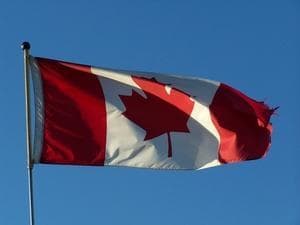Advertisement
Canadian Single-Payer Pioneer Dies; Obit Recalls Ruckus

In 1946, the government of Tommy Douglas, then Saskatchewan’s premier, enacted universal insurance coverage for hospitalization. Mr. Douglas’s successor, Woodrow Lloyd expanded the program in 1962 to include the costs of medical care provided by doctors.
Nine out of 10 doctors responded by going on strike, people demonstrated in support of the doctors and newspapers editorialized in their favor. Mr. Blakeney, as the health minister in Mr. Lloyd’s government, became the main negotiator with the physicians. He succeeded in keeping the new system — partly by emphasizing its lower cost — but compromised to give doctors the right to charge fees for services, rather than going on salary.
Mr. Blakeney later called the brouhaha the “the greatest social conflict I was involved in.” By 1966, universal medical coverage had been extended to all Canadians. Opposition to the plan in Saskatchewan, however, helped the Liberal Party defeat Mr. Lloyd’s government in 1964.
Allan Blakeney died at 85 of liver cancer. The obit ends with an "ouch":
Mr. Blakeney watched the United States’ debate on health care, which resulted in the Affordable Health Care for America Act of 2009, with keen interest. He called the American law “a painfully small step.”
This program aired on April 20, 2011. The audio for this program is not available.
